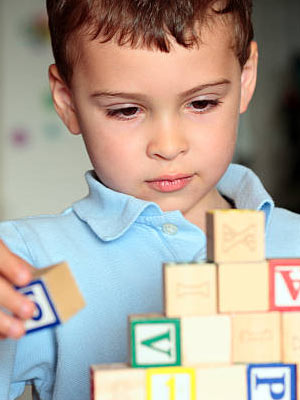- +91 7680015156
- advaithacdc@gmail.com
Play therapy
- Home
- Services
- Play therapy
In the realm of child development, play therapy emerges as a powerful tool for addressing emotional and psychological challenges in a child's life. This innovative approach harnesses the natural language of children—play—creating a safe and therapeutic space for expression and healing. In this article, we delve into the depths of play therapy, exploring its definition, principles, benefits, and the pivotal role it plays in fostering healthy emotional development in children.
What is Play Therapy
Play therapy is a specialized therapeutic intervention designed to assist children in processing their emotions, resolving conflicts, and developing essential coping skills. Unlike traditional talk therapy, play therapy recognizes that children may not have the verbal capacity to express themselves fully. Instead, it leverages the inherent language of play to facilitate communication and understanding.
During play therapy sessions, trained therapists use a variety of play materials such as toys, games, and art supplies to engage children in a non-directive manner. This allows the child to explore their thoughts and feelings in a comfortable and natural way. The therapist carefully observes the child's play, gaining insights into their emotions, thoughts, and concerns.

Principles of Play Therapy
Play therapy operates on several key principles that guide the therapeutic process. One fundamental principle is the understanding that play is a child's natural mode of expression. By participating in play activities, children can symbolically communicate their experiences, fears, and hopes.
Another crucial principle involves the creation of a safe and supportive environment. Play therapy sessions are designed to be a secure space where children feel free to express themselves without fear of judgment. The therapist establishes a trusting relationship, fostering a sense of safety that encourages the child to open up emotionally.
Benefits of Play Therapy
The benefits of play therapy are manifold. Firstly, it helps children develop essential problem-solving and decision-making skills by engaging in imaginative play scenarios. Secondly, it allows for the exploration and expression of emotions that may be challenging to articulate verbally.
Play therapy is particularly effective in addressing issues such as anxiety, trauma, and behavioral challenges. It provides children with a constructive outlet for processing difficult experiences, fostering resilience and emotional well-being.
In play therapy stands as a remarkable intervention in the realm of child development. Its innovative approach recognizes the unique way children communicate and leverages the power of play to promote healing and growth. As we continue to unravel the complexities of child psychology, play therapy remains a beacon of hope, offering children a supportive space to navigate the challenges of growing up. By embracing the principles and benefits of play therapy, we empower the next generation with the tools they need for a healthy and thriving emotional journey.

